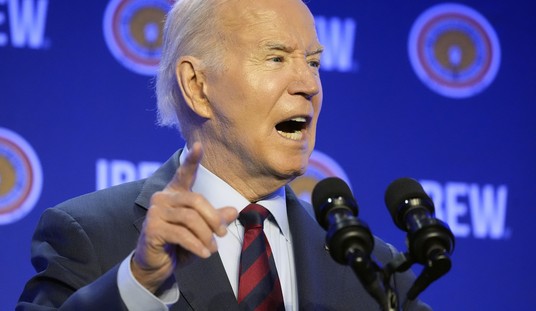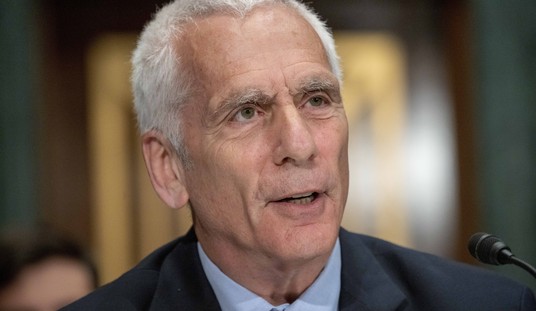Cancel culture has become a flashpoint in the ongoing culture war. Ever since that term became popularized, there has been many a discussion on the issue, with folks on both the left and the right arguing against it.
So far, cancel culture seems to have mostly impacted high-profile public figures. Actors, comedians, politicians, and others have been targeted by folks on the authoritarian left for punishment, if they dare to proffer opinions that do not line up with progressive orthodoxy.
But one aspect of this issue that has flown under the radar is how cancel culture is becoming increasingly preponderant in the workplace, and it is affecting regular, everyday people. All across the country, people have lost jobs or been otherwise punished for expressing the wrong opinions, on social media and elsewhere.
I was recently on a podcast with two friends discussing the issue. When I appeared for the first time in December, one of the hosts, who is also black, made a joke that the other host, who is white, had not hung out with a lot of other black folks. The conversation also discussed issues pertaining to the LGBTQ community. Nothing in our conversation was derogatory toward any member of the groups progressives claim to love.
Yet, Ben, the white host who happens to reside in the United Kingdom, ended up losing his job for laughing at the joke the other host and I made, which involved the use of the N-word. Mind you, Ben did not use the word – we did. But one of the reasons cited for his firing was that he laughed at our joke. When the podcast episode drops, I’ll put it up on the site.
But the way this happened is that one of Ben’s co-workers went on his LinkedIn page and listened to other episodes. This person then brought the “problematic” subject matter to management, which prompted an investigation into Ben, who seems to lean left, but is not in alignment with the “woke” agenda. After six meetings in which management berated him, his employment was terminated.
Ben is not alone.
There are many individuals who have been targeted at their jobs simply for posting political opinions on social media – outside of company time. All it takes is for an individual to comb through the social media of a co-worker they don’t like and then present it to management. Those in leadership, if they happen to be feckless, will use the content to target the employee, subjecting them to punishment including demotion, firing, and other types of recourse.
The problem has become so pronounced, former academic Helen Pluckrose started a support group called Counterweight, which assists those who find themselves on the wrong side of a cancel culture campaign at their places of employment. She told The Atlantic that she hears from multiple people per day who have “been disciplined, or [are] being forced to affirm beliefs that they don’t have about race or about gender.”
I believe this issue is going to become a bigger part of the culture war in the near future. I have been seeing this cancer continue to metastasize in corporate America, and when more people started being affected, it will become a more prominent part of the national conversation.
Cancel culture has become increasingly prevalent in modern society, and the workplace is no exception. The act of canceling individuals for their actions or words has created a toxic environment where employees are afraid to speak their minds and express their opinions freely. This is not only harmful to workers, but it can also have negative consequences for businesses.
Cancel culture can lead to a hostile work environment. When employees are constantly worried about what they can and cannot say, it creates tension, anxiety, and even resentment. It can also lead to increased turnover rates, as employees may seek a more inclusive and accepting workplace.
When companies give in to cancel culture, they risk losing valuable employees and customers. This is because cancel culture often leads to a public backlash, which can damage a company’s reputation and bottom line. Cancel culture can also be used as a tool for blackmail or manipulation, as individuals may threaten to cancel someone if they don’t get their way.
Lastly, cancel culture is often based on incomplete or inaccurate information. People can be canceled for something they said or did years ago, without any consideration for how they may have grown and changed since then. It does not allow for forgiveness or redemption, which are important values in a healthy workplace, but anathema to the practices of the authoritarian left.
Cancel culture has no place in the workplace. It goes against the fundamental principles of free speech and can create a toxic environment for employees. But the authoritarian left cares nothing for this, which is why those who oppose this pernicious practice will need to fight hard to push companies not to give in to those who wield cancel culture as a weapon.













